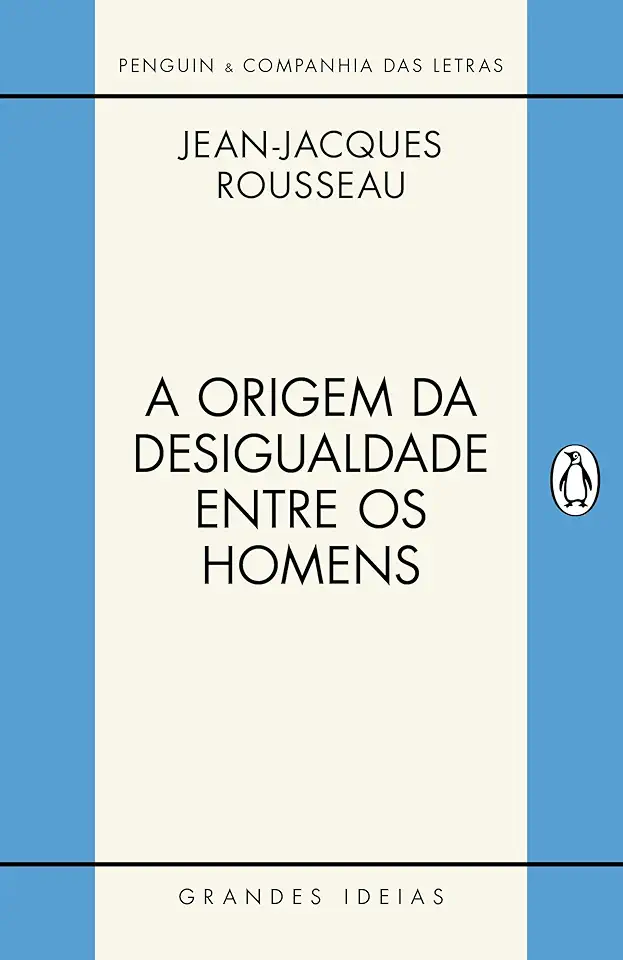
The Origin of Inequality Among Men - Jean Jacques Rousseau
The Origin of Inequality Among Men: A Profound Exploration of Human Nature and Social Evolution
A Journey into the Roots of Inequality
In his groundbreaking work, "The Origin of Inequality Among Men," Jean-Jacques Rousseau embarks on a philosophical quest to unravel the origins of inequality and its profound impact on human societies. Through eloquent prose and thought-provoking arguments, Rousseau challenges conventional notions of social hierarchy and invites readers to contemplate the foundations of a just and equitable society.
The Natural State: A Vision of Equality
Rousseau begins by envisioning a state of nature, where humans lived in harmony with their surroundings and enjoyed inherent equality. This idyllic existence, free from the constraints of social conventions and artificial distinctions, represented a utopian ideal of human coexistence.
The Fall from Grace: The Emergence of Inequality
However, Rousseau argues that this harmonious state was disrupted by the introduction of private property and the accumulation of wealth. As individuals began to possess more than they needed, the seeds of inequality were sown. The desire for power and the pursuit of self-interest led to the emergence of social hierarchies, with some individuals dominating others and exploiting their labor.
The Social Contract: A Path to Justice
In response to the injustices of inequality, Rousseau proposes the concept of the social contract. This hypothetical agreement, entered into by individuals for their mutual benefit, establishes a framework for organized society and collective decision-making. Through the social contract, individuals surrender some of their individual freedoms in exchange for the protection and benefits of living in a cohesive community.
The General Will: A Force for Common Good
Central to Rousseau's social contract is the concept of the general will. This collective expression of the community's shared interests and aspirations transcends individual desires and aims for the common good. Rousseau argues that when the general will prevails, society can achieve harmony, justice, and true freedom.
The Dangers of Inequality: A Call for Reform
Rousseau passionately warns of the dangers inherent in inequality. He asserts that extreme disparities in wealth and power corrupt individuals and institutions, leading to social unrest, oppression, and the erosion of moral values. Rousseau's critique of inequality serves as a powerful call for social reform and a more equitable distribution of resources.
A Timeless Masterpiece: Relevance in the Modern World
"The Origin of Inequality Among Men" stands as a timeless masterpiece, its insights resonating across centuries and cultures. Rousseau's exploration of the origins and consequences of inequality remains as relevant today as it was during the Enlightenment era. His work challenges us to question the foundations of our societies, confront the injustices of inequality, and strive for a more just and egalitarian world.
A Must-Read for Social Thinkers and Change-Makers
"The Origin of Inequality Among Men" is a must-read for social thinkers, philosophers, activists, and anyone concerned with the pursuit of social justice. Rousseau's profound analysis of inequality and his vision of a more equitable society offer a roadmap for positive change and inspire us to work towards a better future for all.
Enjoyed the summary? Discover all the details and take your reading to the next level — [click here to view the book on Amazon!]